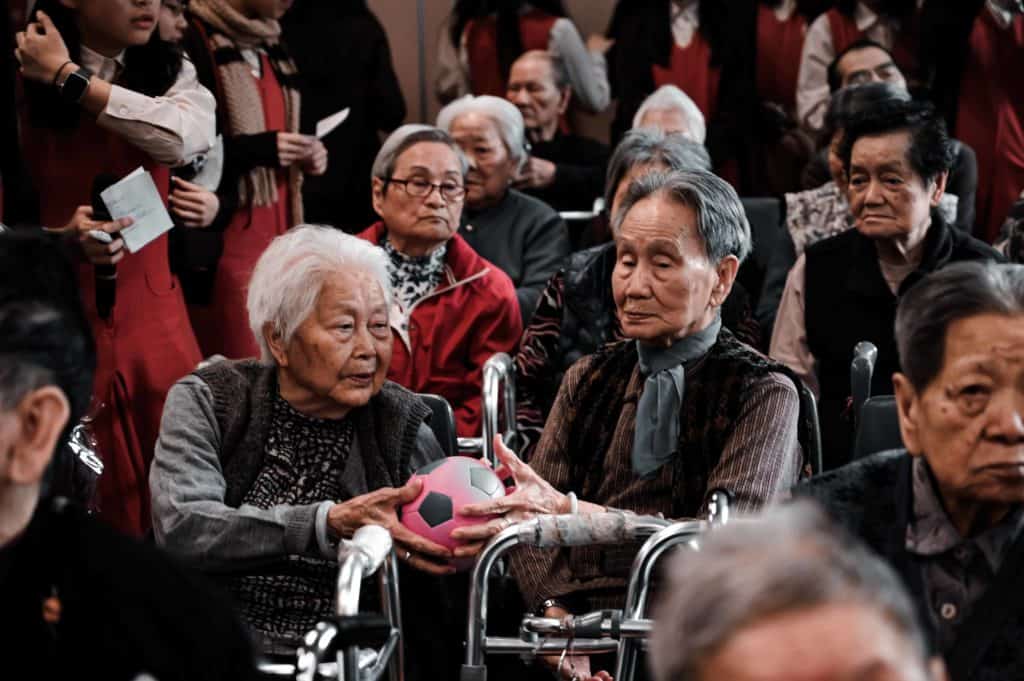

Home Healthcare
Can You Get Paid To Stay Home And Take Care Of Your Parents?
SonderCare Learning Center

SonderCare Learning Center
Can You Get Paid To Stay Home And Take Care Of Your Parents? Many adults find themselves caring for their parents, and they spend thousands of dollars out of pocket each year on care recipients. It can severely impact financial security, privacy, and their own retirement savings. If you’re an adult child caring for a parent, it’s worth seeing if you can receive monetary compensation for the hours you spend caring for your aging parents. Getting paid to take care of your parents is possible, but the subject is complex. How much monetary help you receive – and how you receive it – depends on where you live.
In the United States, receiving financial assistance for the personal care of one’s parents can vary by state. In most instances, the adult child receives payment through Medicaid at an approved hourly rate for home care specific to their state. Other state-sponsored programs exist; in California, for instance, the Paid Family Leave (PFL) Act lets the child take time off work to care for a family member and receive a certain percentage of their salary.
To receive caregiver compensation through Medicaid, your family member must be eligible for coverage or already receiving benefits. While many think Medicaid only pays for nursing home care, modern programs can provide assistance options in the beneficiary’s home or primary place of residence.
Medicaid allows adult children to become adult foster care providers for their aging parents, with the parent moving into their adult child’s home. The caregiver can receive compensation anywhere between $1,550 and $2,550 per month, which is dependent on the level of care required by their aging parent and their state of residence. Each state administers the program and can set its own eligibility requirements, services, delivery models and payment methods within federal guidelines.
Some programs do not pay an adult child directly for their caregiving efforts hourly but will provide compensation in other ways. The Caregiver Exemption is one way; it stems from situations where the Medicaid Estate Recovery might occur. When a senior passes away, the state can try to take over the home or some of its value to reimburse the care costs. The Caregiver Exemption allows the adult child providing care for their elderly parent in their parent’s home to inherit the home rather than the state taking the home under Estate Recovery rules.
Canadians have a few avenues for receiving direct payment, such as the Employment Insurance Family Caregiver Benefit for Adults. In this program, family members who need to take leave from work to offer care and support to a critically ill or injured adult family member can receive Employment Insurance benefits for up to 15 weeks.
If a Canadian needs to take time off work to provide care or support for a family member who is at risk of dying within six months, they may be eligible for compassionate care benefits for up to six months. Employment Insurance benefits and job protection are also provided to eligible family members for up to twenty-eight weeks while caring for someone.
Another program is the Disability Tax Credit, a credit for those with a “severe and prolonged” impairment in physical or mental function. They may claim the disability amount once they are eligible, with the caregivers, spouses, or common-law partners having the credit amount transferred to their own tax return.
Provinces and territories have their compensation programs; depending on where you are in Canada, you might receive more than just federal tax credits and insurance. Only one province provides a monetary allowance, however – Nova Scotia and its Caregiver Benefit Program.
Getting paid is one way to reduce the burden of caring for your elderly parents; the work involved can feel like a full-time job. For both your sake and that of your parents, you should look to make caregiver burnout less likely. It’s good to look at your daily, weekly, and monthly tasks to understand the care required and what you can add to the home to make caregiving easier to manage.
Once you have a clear idea of your parent’s needs, you must assess their independence. If they need your caregiving services full-time, they have likely reduced mobility. While you’re looking at the financial benefits for your specific state or province, look into how you can bring in a hospital bed and accessibility renovations to help them reclaim some of their independence.
It depends entirely on the regulations made by specific regional care bodies but there are usually no guidelines against parents or adult children living in the same household being paid to be caregivers.
In most cases, the rate of pay is determined by regional governing bodies and falls between nine and fifteen dollars per hour, so it is reasonable to earn a comfortable living while caring for your elderly loved one.
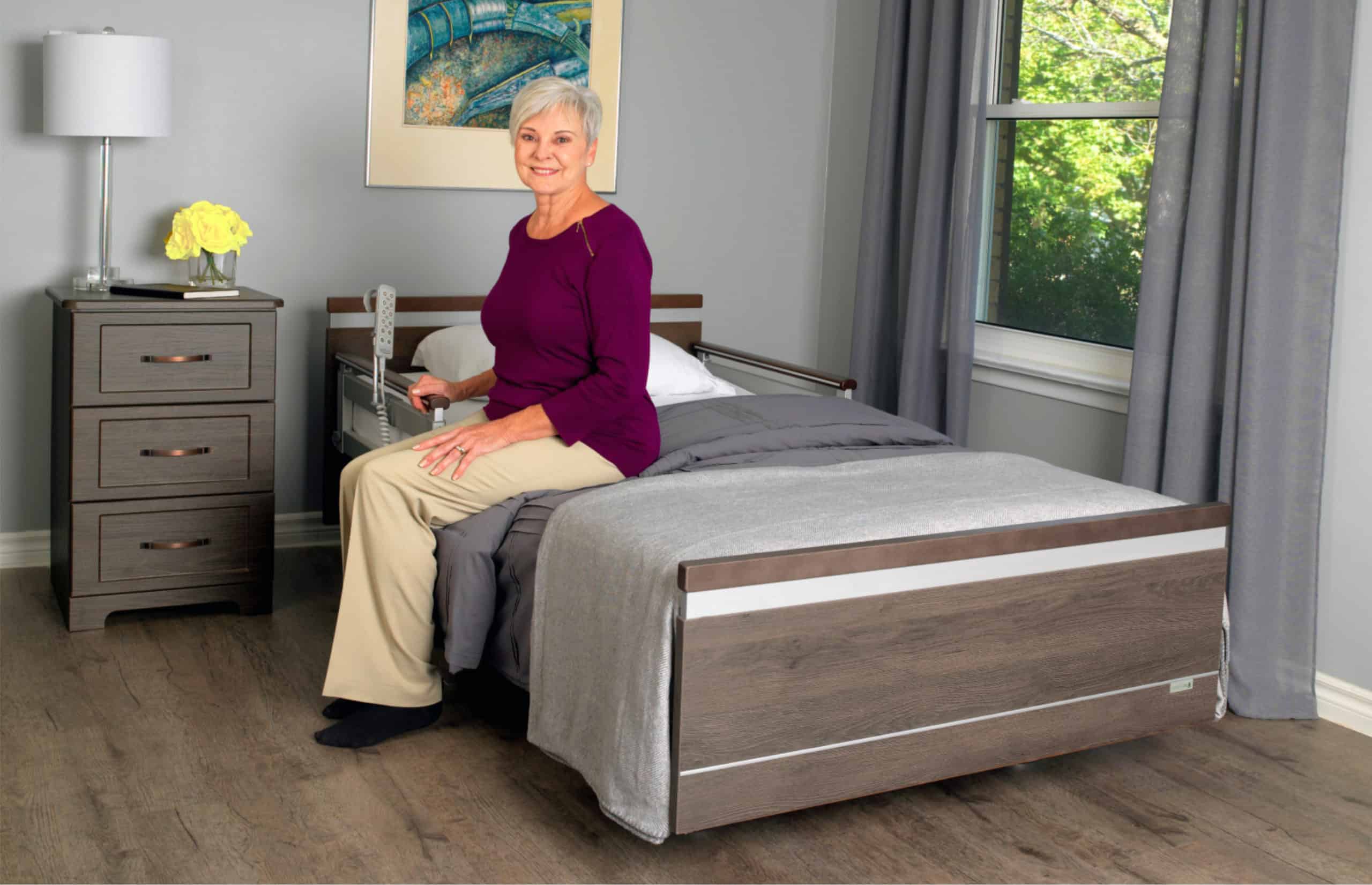
The SonderCare™ Bed is like nothing else on the market today. Designed to conform to the latest international standards, this product provides you with a sense of safety, comfort, and greater independence than standard flat or adjustable beds.
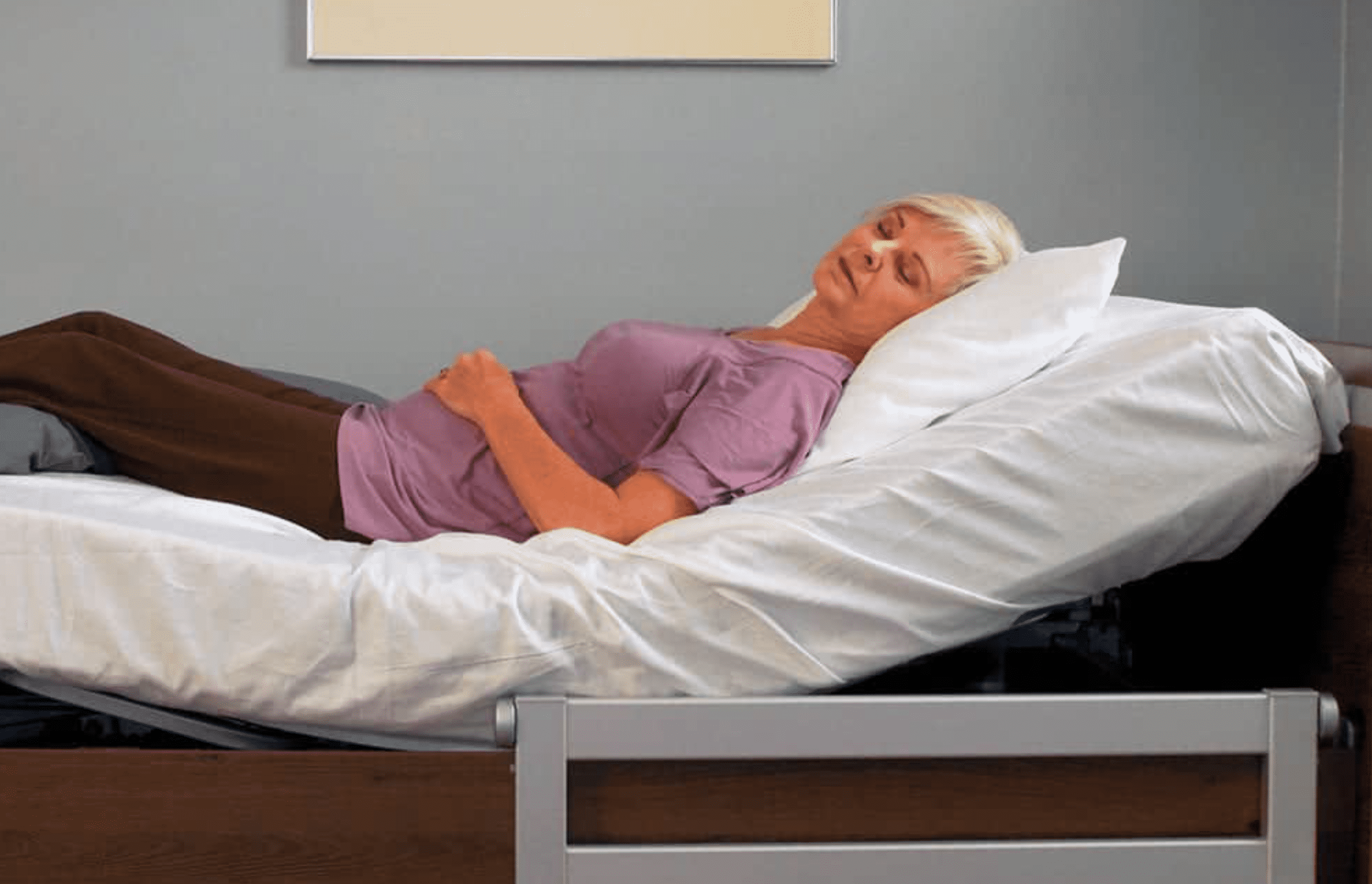
SonderCare offers the Comfort™ and Dream™ pressure reducing mattresses that provide exceptional comfort, support and durability for health care communities and home care settings.
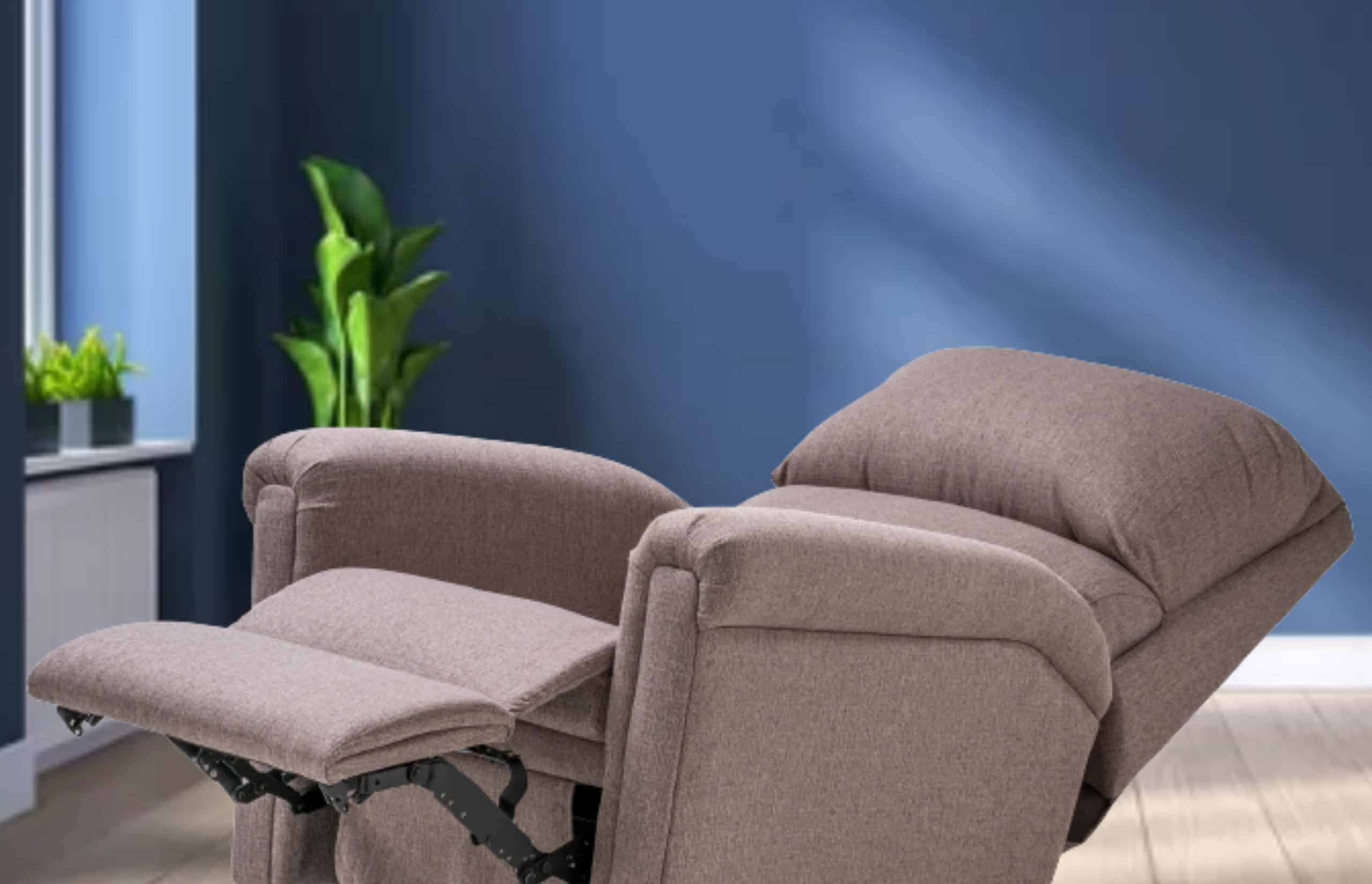
SonderCare’s fully-electric Rise & Recline Chair supports users in shifting from a sitting position, to fully reclining flat and then boosting up to standing when desired – this chair helps support comfort as well as safe mobility.

SonderCare’s fully-electric Rise & Recline Chair supports users in shifting from a sitting position, to fully reclining flat and then boosting up to standing when desired – this chair helps support comfort as well as safe mobility.
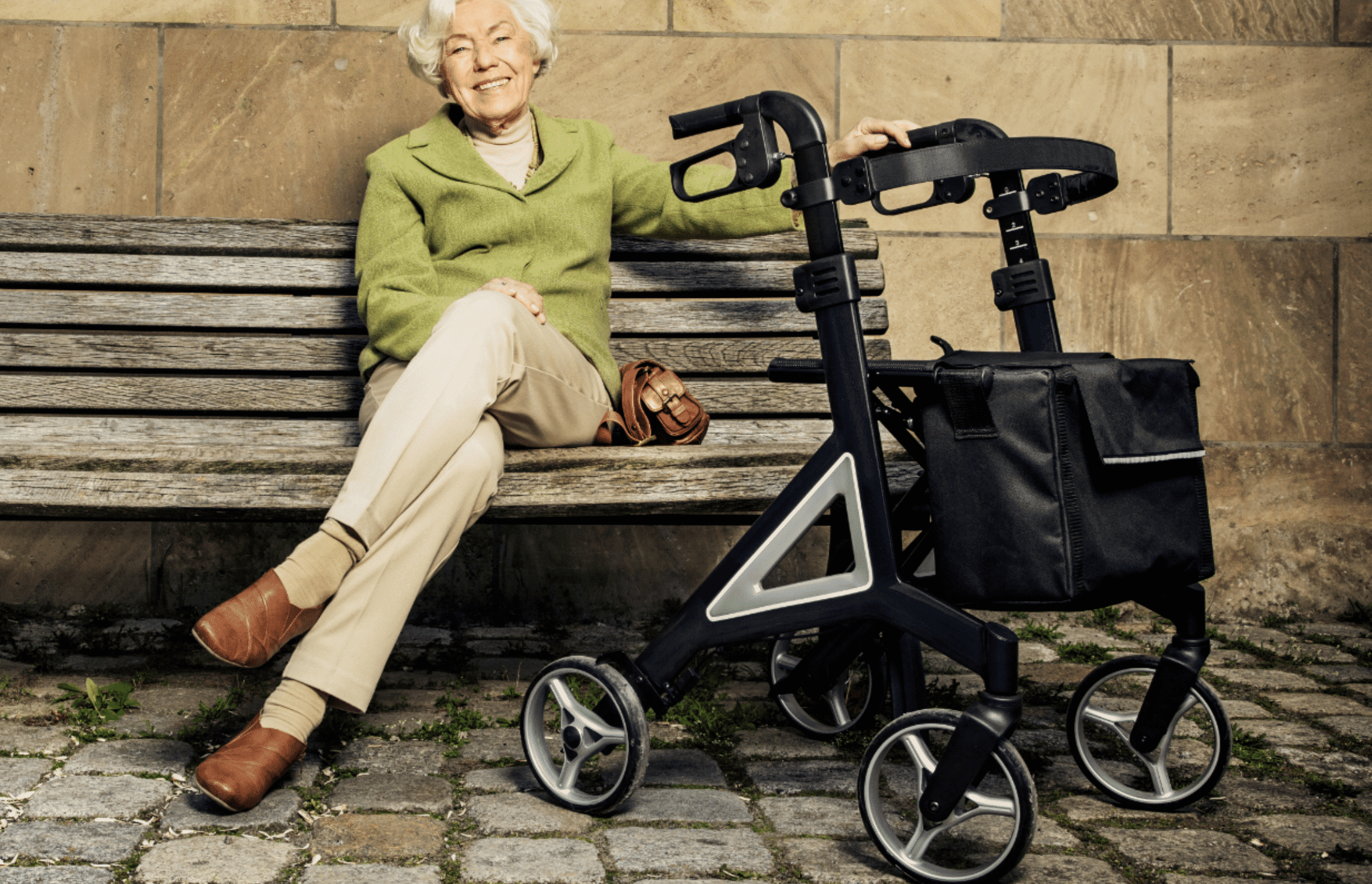
SonderCare premium rollators are the ultimate lightweight, ultra-stable rollators to keep you secure and comfortable in any setting. The Ultralight Carbon and the rugged Aluminum models are both ergonomically designed and adjustable to suit the needs of every user.
Start Your Home Healthcare Products Inventory With SonderCare
Are you recently discharged from hospital, experiencing mobility issues, or in need of palliative or senior care? Enjoy a smoother recovery and get the luxury you deserve by choosing our home hospital products. Contact us today to discuss home hospital beds, mattresses, stand assist chairs and other accessories to make your home hospice perfect for a truly comfortable experience.
Are you looking for the most recent articles on home healthcare supplies? Browse our latest resources below and let us know if you have any questions. We’re here to support you as you embark on your road to home medical care.
This article is for educational purposes only. SonderCare does not help find or file government assistance forms